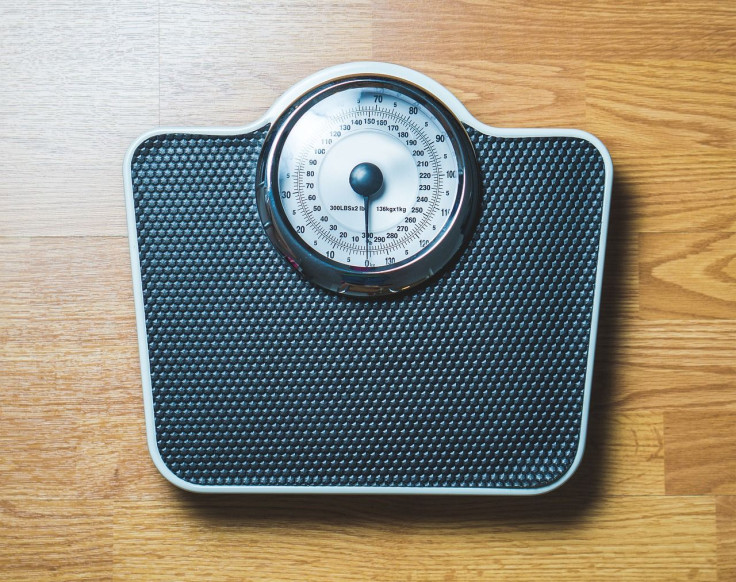Cancer Risk Latest News: Esophagus And Stomach Cancer More Likely If You're Overweight By 20

Gaining that freshman 15 can lead to cancer later in life, according to a new study published in the British Journal of Cancer. Led by researchers from the National Cancer Institute in the United States, the team found that people who were overweight by the age of 20, with a BMI higher than 25, were 60-80 percent more likely to get esophagus or upper stomach cancers.
Read: Intermittent Fasting Latest: A Special 5-Day Diet Could Lower Weight And Risk of Disease
If the weight gain doesn’t end there and progresses to obesity later in life, the chances of developing these cancers triple. Those who gained more than 44 pounds throughout adulthood were twice as likely to be diagnosed with esophagus cancer.
Researchers looked at data from more than 400,000 people, comparing their height and weight at 20 and 50 years of age. Then, they followed up with participants to see who developed upper stomach or esophagus cancers.
"Carrying excess weight can trigger long-term reflux problems and heartburn that can lead to cancer,” says lead researcher Dr. Jessica Petrick in a statement. “It can also change the levels of sex hormones, such as estrogen and testosterone, cause levels of insulin to rise, and lead to inflammation, all of which are factors that have been associated with increased cancer risk."
Esophageal cancer only makes up about one percent of cancer diagnoses in the U.S., according to the American Cancer Society. However survival rates tend to be low, though are improving, with about 20 percent living at least five years post diagnosis.
Stomach cancer mostly affects older people and was the leading cause of cancer-related death until the late 1930s, the organization notes. Better food storage is one reason attributed to the decline of the disease.
Read: 5 Health Benefits of Consuming Fish Oil: What Omega-3 Fatty Acids Can Do
A healthy diet, to keep weight down and provide nutrients thought to fight cancer, recommended by the Roswell Park Cancer Institute includes dark-green vegetables, lutein, fiber, folate, fruits and reduces processed and red meats.
See Also:
How Aspirin Fights Cancer Theory: Facts To Know Before Including Into Your Routine
Melanoma Deadly Recurrence Fears: Self-Checking By Skin Cancer Patients Is The #1 Detection Method
Published by Medicaldaily.com



























